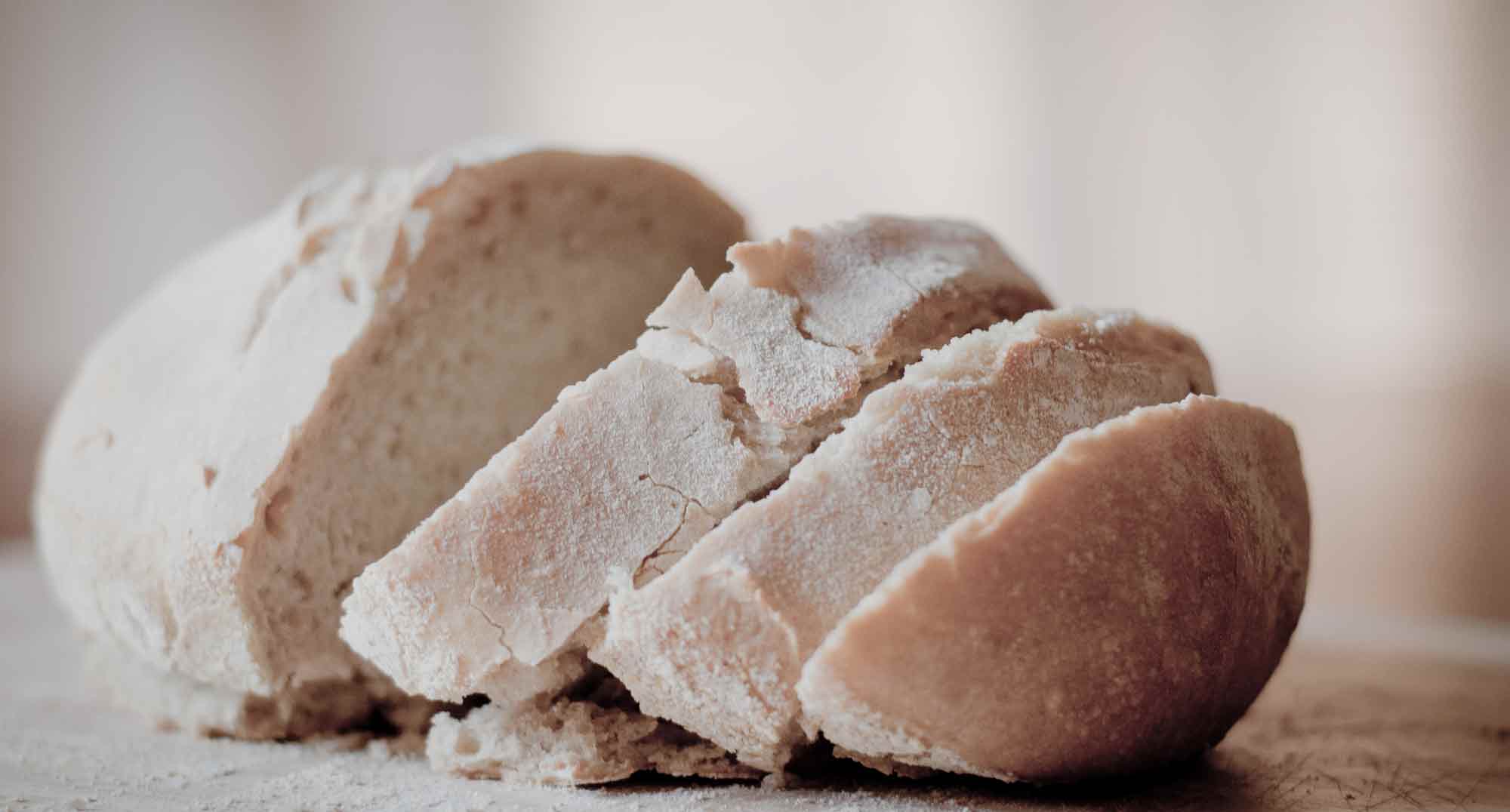JENILYN SWETT|GUEST
Since returning from his sabbatical last fall, my pastor has been encouraging our church family to cultivate times of silence and solitude to be with the Lord. Our staff team has put this into action by taking a monthly day of prayer and reflection. Once each month, we devote what would normally be a workday to intentionally spending time resting with the Lord.
When we first started this practice, I pondered what I could do to set this day apart. I decided to bake bread, knowing that doing so would help me to slow down and enjoy this gift of a day. I’ve tried a few different recipes now, some with more success than others. I recently received a new cookbook that included a “No-Knead” bread recipe, and I looked forward to trying it. This recipe seemed to offer all the goodness of bread-making with barely any hands-on effort or mess. “Just let time do the work!” the recipe boasted.
Waiting is Work
I prepped the dough the night before, since it would need 12-18 hours to rise. As the next morning dawned and I anxiously peaked at the dough (that still had hours to go), I was struck by an unwelcome reminder: waiting is work. Yes, yeast and time were doing the hard work of fermentation to make my bread dough rise, but that didn’t free me from work of my own. I had to manage my patience, wrestle with my inability to control the speed or quality of the proof, resist the temptation to just throw out the dough when I knew the chilly air of my apartment was hindering its rise. I also couldn’t just stare at the bowl of dough all day— I needed to devote my attention to other life-and-rest-giving pursuits so that I wouldn’t squander this precious day.
“Just let time do the work!” We could say this not just about bread, but about the work of healing. The work of softening a heart. The work of making a new place feel like home. The work of moving forward after a loss. The work of building (or rebuilding) trust. The work of growth. All of these things take time— and for those of us who know our always-working Creator and Sustainer, we know that it’s not just time doing the work, it is God working over-time. But just as waiting for my bread to rise demanded engagement on my part, waiting for God’s slow work to be done demands our involvement as well.
Work While Waiting
“Seek the LORD and his strength; seek his presence continually! Remember the wondrous works he has done…” (Psalm 105:4-5)
There is work for our minds to do: actively remembering who God is and how He has worked before, reminding ourselves that He is worthy of our trust and patience, and rehearsing the things that are practically true in our situation (for example, if the doctor has said the medicine will take a month to work, we need not fret if we don’t see a change in the first few days).
“Blessed be the LORD! For he has heard the voice of my pleas for mercy. The LORD is my strength and my shield; in him my heart trusts, and I am helped…” (Psalm 28:6-7)
There is work for our hearts to do: fighting against despair, continuing to hope and pray for God’s grace and mercy even when we feel like He’s taking too long, and ultimately coming to rest in Him, knowing our pleas are heard. When our hearts feel weak and vulnerable as we wait, He sees our need and comes to our aid to guard and strengthen.
“Those who sow in tears
shall reap with shouts of joy!
He who goes out weeping,
bearing the seed for sowing,
shall come home with shouts of joy,
bringing his sheaves with him.” (Psalm 126:5-6)
There is work for our hands to do in the midst of our waiting, whether it is a physical task to meet your own needs or serve another. While Scripture uses sowing and reaping as a metaphor for spiritual growth, this psalm seems to speak of the literal work of planting in times of famine and poverty. Even when things seem bleak, there are meals to be made, laundry to be done, a kind word to be offered, and we can’t know now what kind of fruit God will bring from that work.
My bread dough never rose nearly as much as the recipe said it would, but I baked it anyways, and it tasted good. At the end of my day of prayer, I could say that bread was worth the time, worth all the work of waiting. So take heart, dear sisters: if I could say that about a relatively mediocre loaf of bread, how much more will this be true at the end of our waiting, when God’s work is complete and his glory is revealed? Let’s patiently do the work of waiting, knowing that God Himself is waiting to reveal his glory in us, all in his good time (Romans 8:18-25).
About the Author:
Jenilyn Swett
Jenilyn Swett is a daughter of God who is passionate about hospitality, teaching and learning, and helping others to know God and themselves better. She believes that all of those things go hand-in-hand, and can be best accomplished when good food, a whiteboard, and fresh flowers are involved. She received her MDiv from Covenant Seminary and serves as the Director of Adult Ministries at Restoration Community Church in St. Louis, Missouri.

